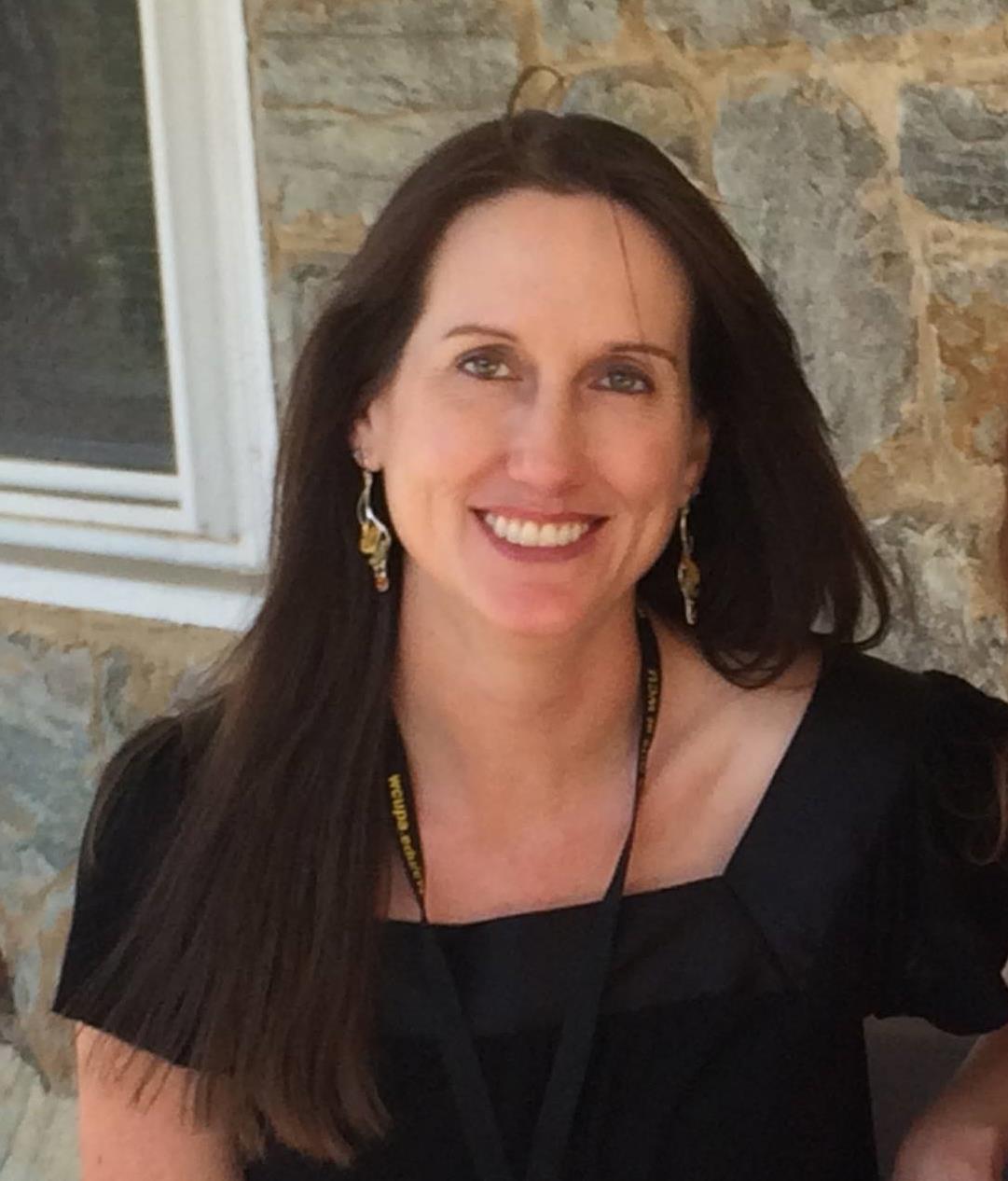Won’t it be fun, they said, when Grandmother
comes to stay with us? They tidied up
the downstairs study where Whiskers’s kittens were born,
and Dad reinforced the sagging daybed
with a sheet of chipboard. Grandmother unpacked
her bag—just one, containing little—and yes,
it was fun, her waiting to hug me when I came home
from school, her reading family recipes
through cats’ eye glasses hung on a slender chain,
she and my parents talking about something
that made them crush out their cigarettes
whenever I entered the room. Her husband called,
but she wouldn’t speak to him. He sent flowers.
I can’t remember if she threw them out.
In true crime documentaries, the victim’s
family is interviewed, then given a choice:
whether to receive a standard copy
or what is called the family edit, the story
without graphic reenactments, without
violent details, without screams and blood,
the slo-mo replay of intimate pain.
Grandmother went home, my parents said, to fetch
her things. Her husband was angry. He had a gun.
Her casket was closed, they said, as if a lid
meant done, as if erasure didn’t tell
its own story, its emptiness a scar.

